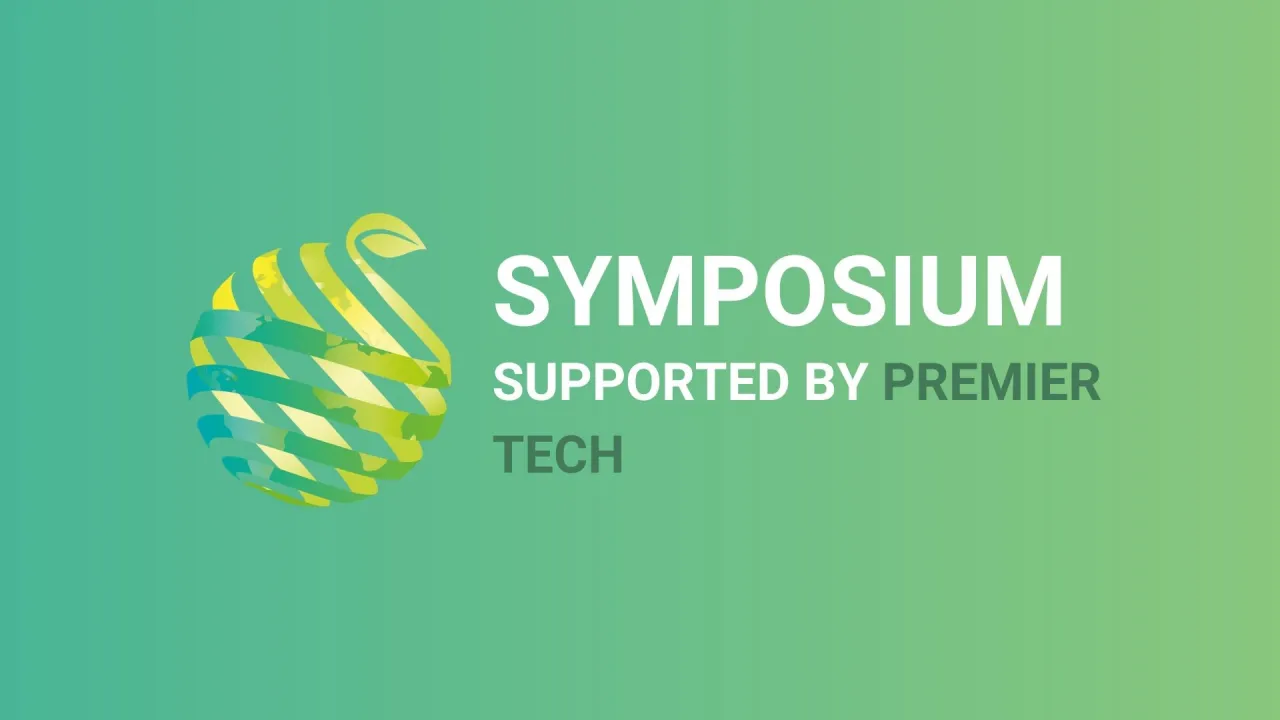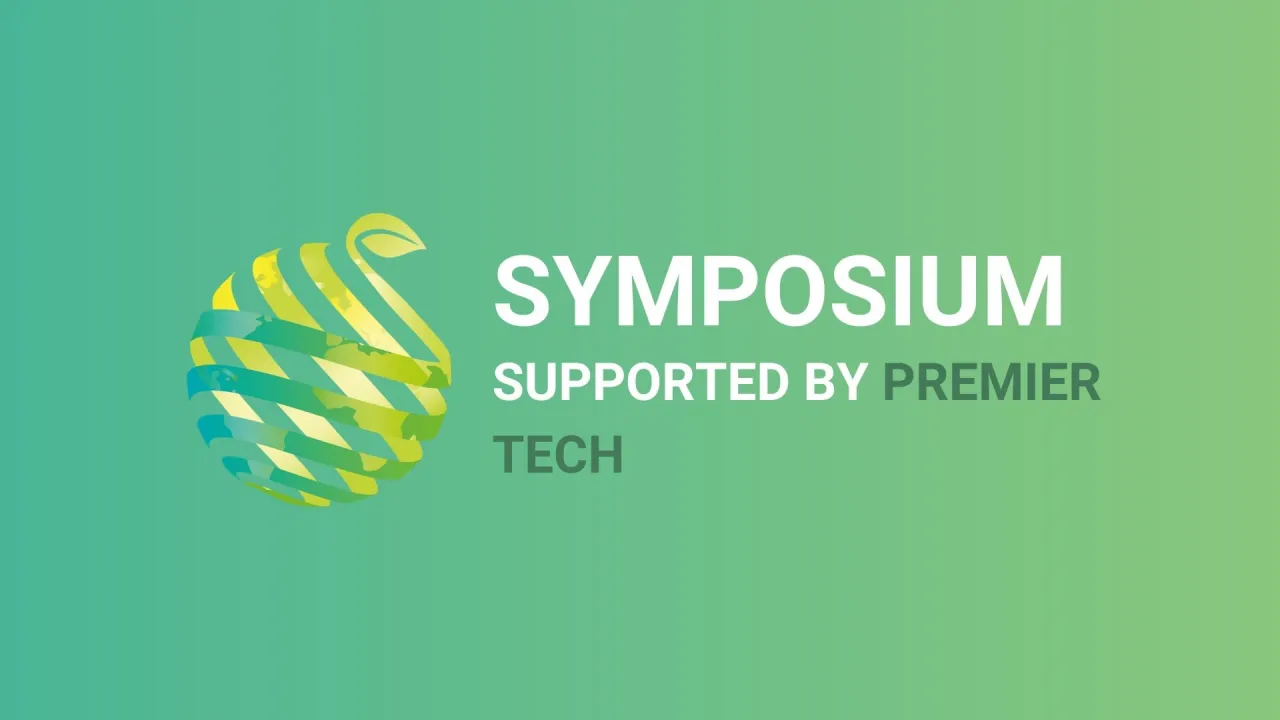

S06 International symposium on innovative technologies and production strategies for sustainable controlled environment horticulture
Information
SCIENTIFIC COMMITTEE
Leo Marcelis, The Netherlands ; Eric Runkle, USA ; Laurent Crespel, France ; Nikolaos Katsoulas, Greece; Sammar Khalil, Sweden ; Georgia Ntatsi, Greece; Youbin Zheng, Canada ; Beatrix Alsanius,Sweden ; Jane Debode, Belgium ; Ayse Gül, Turkey ; Bart Vandecasteele, Belgium ; Ellen Graber, Israel; Jung Eek Son, South Korea ; Yuksel Tüzel, Turkey ; Chris Blok, The Netherlands ; Jean Caron, Canada ; Brian Jackson, USA ; Alberto Pardossi, Italy ; Graeme Smith, Australia ; Nikolaos Tzortzakis, Cyprus; Erik Van Os, The Netherlands ; Murat Kacira, USA ; Stefania De Pascale, Italy ; Nazim Gruda, Germany
INTRODUCTION
This symposium will focus on current knowledge and state-of-the-art technologies in controlled environment horticulture (protected cultivation and soilless culture). Scientific presentations on innovative greenhouse and other controlled environment systems design, covering materials and equipment, innovative substrates and soilless techniques, technology development for water, fertilization, pests and waste management, use of bio stimulants and additives, innovative tools/strategies for improving resource use efficiency, new environment control technologies, the use of sensors for management or phenotyping, innovations in nettings and screens, will all be included. This symposium will favor cross-sector approaches with situations based on food or non-food plants, from low-tech to modern greenhouse systems, and from temperate and tropical contexts.
The following topics will be developed during the symposium:
• Plant root behavior and rootzone management, physiology, root zone microbiology, including disease management (disease suppressiveness, biological control), interactions with abiotic factors (light, etc.)
• Developments in peat and other organic, inorganic, synthetic growing media, additives in growing media, … including biostimulants, composts, biochars, organic fertilizers, etc.
• Optimizing physical, hydrological chemical, and biological properties of growing media for sustainable soilless cultivation
• Holistic growing systems including nutrient effluent management (hydroponics, aquaponics, CO2 recuperation, Nitrogen recycling…)
• Resource use efficiency (energy, water, nutrient, etc.)
• Sensors, robotics, and models for water, nutrient, plant and climate management (light, temperature, etc.)
• High throughput phenotyping in a controlled environment
• Advances and impacts of plant modeling for horticultural crops in controlled environments.
• Innovations in screens and nettings
• Future trends